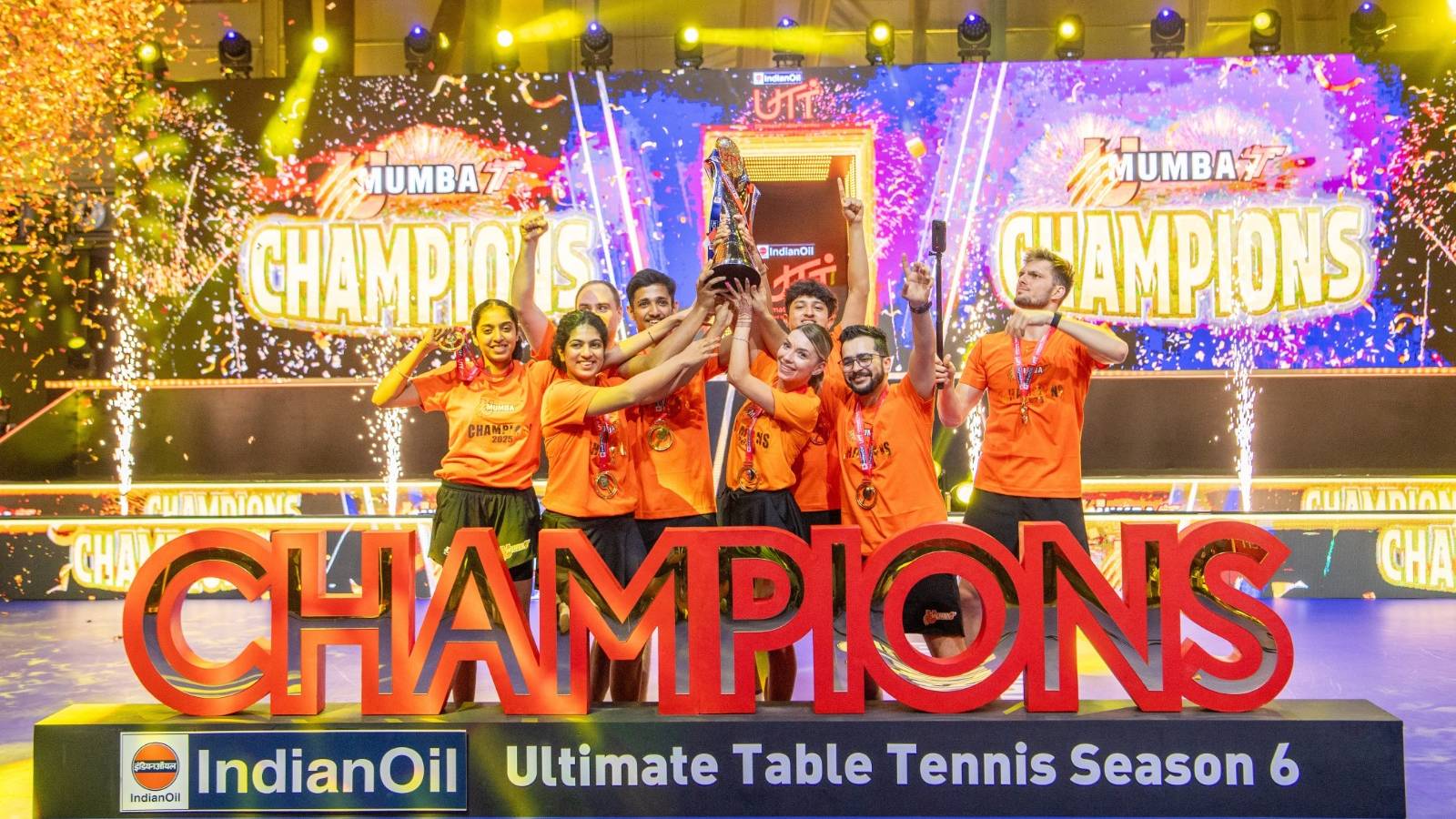ARTICLE AD BOX
Shakira crooned a catchy ditty in Waka, Waka that readily gets plastered on South Africa’s cricket triumphs by the rest of the world. It’s worth many loops and had its WTC-sized resurrection, since being composed around the time when Australia last lost an ICC final. But at Lord’s, it was strains of that authentic anthem ‘Shosholoza’ streaming in from some corner with Saffer fans, that truly rung in the arrival of cricket as a champion sporting unit, to be gloried in.
Shosholoza, which literally means “keep going forward”, has origins in the Ndebele language, and talks of resilience and relentlessness of hard-working miners, urged to keep chugging ahead. It’s an earworm to persevere through tough times and even mundane struggles. While it stood for solidarity during the fight against Apartheid, the haunting melody has rung in unity, and Shosholoza gets sung at rugby internationals by whites, blacks and anyone South African, forming quite an aural dome as the Springboks forward pack moves the scrum menacingly ahead.
Its appearance at the cricket, finally hyphenated the two contrasting sports and the greatest Springbok, Schalk Burger, declared that South Africa were now ‘double World champions.’ The Bokks, of course, have the last two quadrennial world titles. But cricket was now invited to the upper perch of sporting significance in South Africa. Their captain Siya Kolisi dropped a bunch of snaps in a slideshow of how Temba Bavuma and his merry men had spent the immediate moments in the dressing room, soon after lifting the mace: they FaceTimed with the Springboks and Kolisi happily bragged about the crossover.
The first Black captain in SA rugby knew must have known how hard it had been for his cricketing compatriot, Temba Bavuma. “FINALLY” he captioned, perhaps the only man on earth who knew Bavuma’s struggles as a skipper of a mixed-race unit, with its humongous political overtones, intimately.
But even Kolisi might admit that Bavuma had a far stiffer and deeper challenge in nailing down a global title than he ever did. The Springboks had won the rugby World Cup in 1995 once before, and never competed, having to prove that they were not bottlers. They lost World Cups alright, but 15 men (or 22) in South Africa had treaded that path to glory, and even when transformation kicked in, with steady inclusion of Black ruggers, there was a blueprint, an attested winning style of play, a clear memory of the most watertight scrum defenses and lineout routines, that teams could fall back on without perennially doubting if the plan worked.
The Bokks always carried that straight-backed swag in their skills and systems, that downed not just the Wallabies, but the All Blacks and the French, and the Irish. Kolisi and other Blacks like Cheslin Kolbe, Bongi Mbonambi and Makazole Mapimpi had deeply difficult stories of coming up, but walked into Rassie Erasmus’ structure, knowing they were bringing flair and formidability to an already strong scaffolding.
Bavuma inherited doubts. And failures. And recurring echoes of those failures, that Kolisi, though an inspirational story in reaching the national team, would never have encountered when wading into battles of might, not the mind. The pin-pricks of cloying doubts started even before the first ball was bowled. And each defeat in knock-outs left a bloodied trail of shattered spirits across three formats and four continents.
Perhaps it was this shared misery, the intensely scalding memories of knock-outs, that turned the three wise men – Kagiso Rabada, Temba Bavuma and Aiden Markram – into a unit, so tight, that their resolves were turned to pure granite. That group of players knew the opponent was Australians, not the goal of transformation to include 81 percent of the Black population.
Story continues below this ad
They wanted to be rid of the chokers tag, no doubt, but it stopped being a stranglehold that was capable of careening run chases, and like Bavuma said, they found deep reserves of the ability to fight back from almost any adversity, even a Josh Hazlewood torrent.
Proteas coach Shukri Conrad had taken his coaching group to a Springboks alignment camp just before the WTC, where pressure situations were minutely analysed and the Bokks’ countering mentality broken down into micro simulations. But even the great juggernaut would not have answers to the tea-time snafu on Day 3 with Bavuma restricted by a snapped hammy.
“I was the one telling Bavuma he should not carry on batting. But Aiden and Temba insisted,” Conrad would recall later. Markram knew like a glorious menacing Springboks scrum rolling forward, that it was the mere sight of him and a limping Bavuma refusing to give in or give up and inching forward like sung in Shosholoza, that would break the Aussies. “Ultimately, these players know better than any of us,” Conrad would chucklingly admit.
The finest two of the Proteas batsmen tried. And try is a swell word in both rugby and cricket.
Story continues below this ad
Even Rassie Erasmus was impressed. “Jaaaaa man, coach Shukz and Proteas, so proud Lekka,” he would say with glee. Lekka was the highest approval in Afrikaans. Cricket had happily found its hyphen with rugby.



.png)
.png)
.png)


























 English (US) ·
English (US) ·